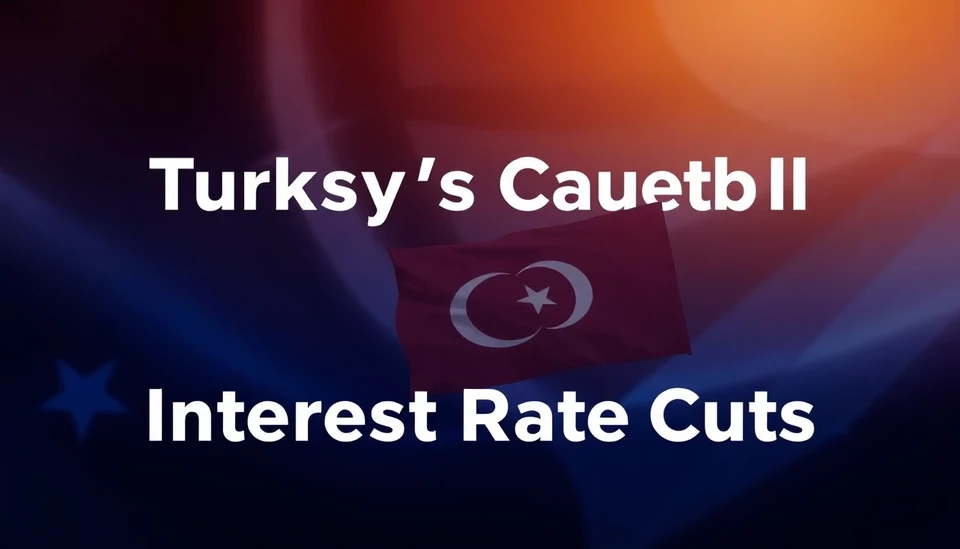
In a surprising turn of events, economists and market analysts have begun re-evaluating their projections for Turkey’s monetary policy trajectory after the central bank executed an aggressive interest rate cut. This move marks a pivotal moment in Turkey's economic landscape, leading to a wave of new forecasts and strategies among financial experts.
Just recently, the Turkish Central Bank slashed its key interest rate by a substantial margin, a decision that took many by surprise and raised eyebrows in financial circles. Following this bold move, analysts are recalibrating their expectations regarding future interest rate adjustments as fewer meetings are now on the calendar for the central bank.
The drastic reduction in rates is seen as both a response to ongoing inflationary pressures and a strategic attempt to stimulate economic activity within the nation. However, reactions have been mixed, with some experts warning that such rapid changes could exacerbate inflation in the long term, ultimately complicating Turkey’s recovery path.
Financial analysts observe that the Turkish lira has been under significant pressure, and these latest developments could further influence its trajectory. There are concerns about the sustainability of Turkey’s economic recovery if monetary policy remains loose, particularly as global economic conditions tighten.
Market reactions have been swift, as investors adjust their portfolios in response to the central bank’s latest decisions. The unpredictability surrounding Turkey's future interest rate moves adds to the complexities faced by businesses and investors operating within the country's fast-evolving economic environment.
With the overall economic stability hanging in the balance, many are advocating for a more cautious approach moving forward. Analysts emphasize the need for clarity and consistency in policy-making to restore confidence among investors and help stabilize the lira.
The decision to cut rates, while aimed at fostering growth, signals a broader shift in monetary strategy. Financial markets are closely monitoring subsequent signals from the central bank in anticipation of further changes, emphasizing the need for a balanced approach that takes into consideration both growth and inflationary risks.
In essence, as Turkey navigates these uncharted waters, the implications of its monetary policy adjustments will be felt not just domestically, but also in international markets, affecting everything from currency valuations to trade balances.
In conclusion, the Turkish Central Bank's recent interest rate cuts have sent shockwaves through the economic landscape, prompting a reassessment of future monetary policy. As analysts continuously update their forecasts, the coming weeks will be critical in determining the direction of Turkey's economy and the stability of its currency.
#Turkey #InterestRates #Economy #MonetaryPolicy #Inflation #FinancialMarkets #CentralBank
Author: Daniel Foster




